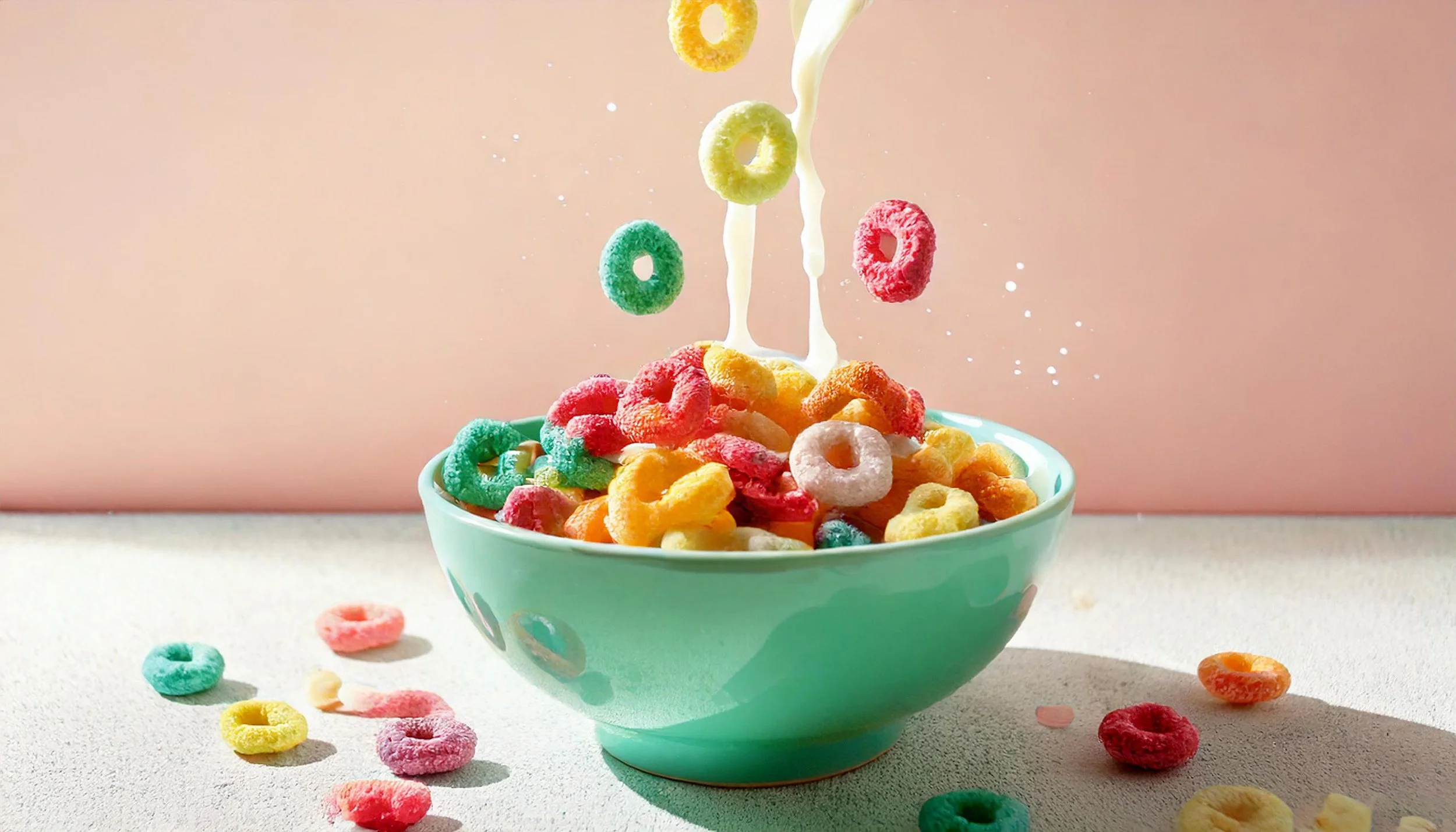Hidden Dangers of Ultra Processed Foods
We’ve all had those kinds of days. You’re swamped at work, errands steal your lunch hour, and by the time you walk through your door at the end of the day, it’s late and you’re starved. So maybe you stop for fast food on the way home. Or maybe there’s a frozen entree in your freezer. Or maybe you make the ultimate surrender and just pour yourself a bowl of Froot Loops. Don’t tell your body now, but you just fed it processed or, worse, ultra processed foods, and added one meal’s worth of heart disease risk.
Here’s what processed foods are: Foods that are altered from their natural state to improve shelf life, ease of serving, or flavor. Not all processed foods are necessarily bad, as simply combining and cooking natural ingredients is a form of processing. Canned vegetables have had heat added for safety in packing, but they remain healthy as long as they are free of added salt or sugar.
While processed foods can be healthy, ultra processed food frequently carry big red flags. These are the foods with added sugars, salt and fats, along with a laundry list of artificial colors and additives. If you look at the ingredient list on the box and can’t even identify some of the contents, you are holding an ultra processed food. Some examples are:
Breakfast staples such as bacon, flavored oatmeal, cereals such as Froot Loops and Honey Nut Cheerios
Margarines and similar spreads
Soft drinks, sports drinks and artificial milks
Canned or instant soups
Packaged cookies and other sweets
Frozen dessert
Frozen entrees
Why do nutritionists warn us against ultra processed foods? According to the AMA, a large study performed over 19 years found mortality rates were 31% higher for those who consumed the most ultra processed foods compared to those who consumed low amounts. And high amounts can be very high. Data suggests that the average adult receives 57% of our calories from ultra processed foods. Even worse, children get 67% of their calories from these foods. High consumption of ultra processed foods has been shown to increase obesity, type 2 diabetes, heart attacks, strokes, and depression. In recent years, research has also linked ultra processed foods to cognitive decline, suggesting that receiving more than 20% of your daily calories from ultra processed foods can impair the part of the brain involved in processing information and making decisions. In simpler terms, eating a lot of ultra processed foods now is associated with developing dementia later.
If you’re on a weight loss program, ultra processed foods deliver a double whammy. The processing makes them more calorie dense so you end up getting more calories then you expect or need. Plus if you fill your plate with heavily processed foods then you’ll be missing out on the vitamins, minerals and fiber you would get from whole fruits, lean proteins, vegetables and whole grains. While ultra processed foods are convenient and often addictively delicious, it’s hard to make a diet of them without gaining weight.
How do you avoid ultra processed foods? The easiest way is to prepare meals yourself using whole foods, including raw vegetables, lean meats, and whole grains. We often recommend shopping the perimeter of the grocery store, where you’ll find the produce and meat departments, and avoiding the interior shelves full of boxed and bagged convenience items. If you do reach for the box, be sure to read the label and try to avoid added fats, sugar, salt and unidentifiable additives.
One of the benefits of the Professional Weight Management program is the guidance our team gives in menu planning, focusing on heathy choices you prepare in your own home. We teach you how to make the right choices and give you tips on avoiding calorie dense fats and sugars. Compare our program to those with required preprepared foods and you will probably find theirs are processed and, possibly, ultra processed. Ours are as natural as the choices you make, and we set you up for a lifetime of making smart choices. We even have a cookbook available full of healthy and delicious recipes.
Does concern about ultra processed foods mean you have to change all of your eating habits at once? No. Most of us will never have the time or commitment to only eat foods in their simpler, more natural form, and sometimes you just have to get dinner on the table fast. But with ultra processed foods being such a challenge to both your long term health and your immediate weight loss goals, it may be time to start making changes in your food choices. You’ll not only see the benefits on the scales but also on your weekly food budget, since convenience comes with a cost. Making even small changes can be a win-win!
One of the most common questions we get at Professional Weight Management is how to maintain a healthy diet. Here’s what Tammi has to say about ultra processed food:
“What a lot of us don’t realize is that whenever we eat highly processed foods there’s a lot of fat, a lot of sodium…and it can even push dementia”—Tammi Sparkman, Professional Weight Management owner
Tammi and the team answer your question on why to avoid ultra proccessed foods


